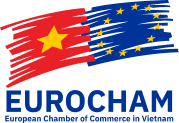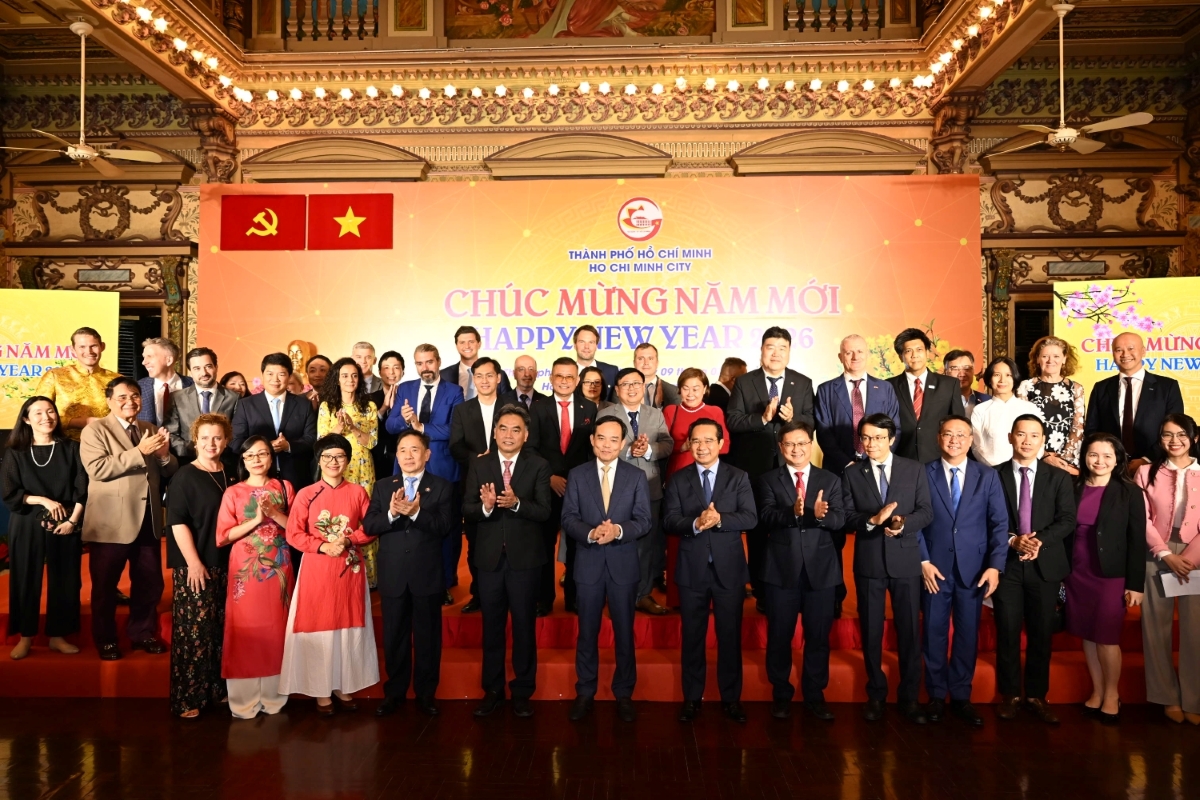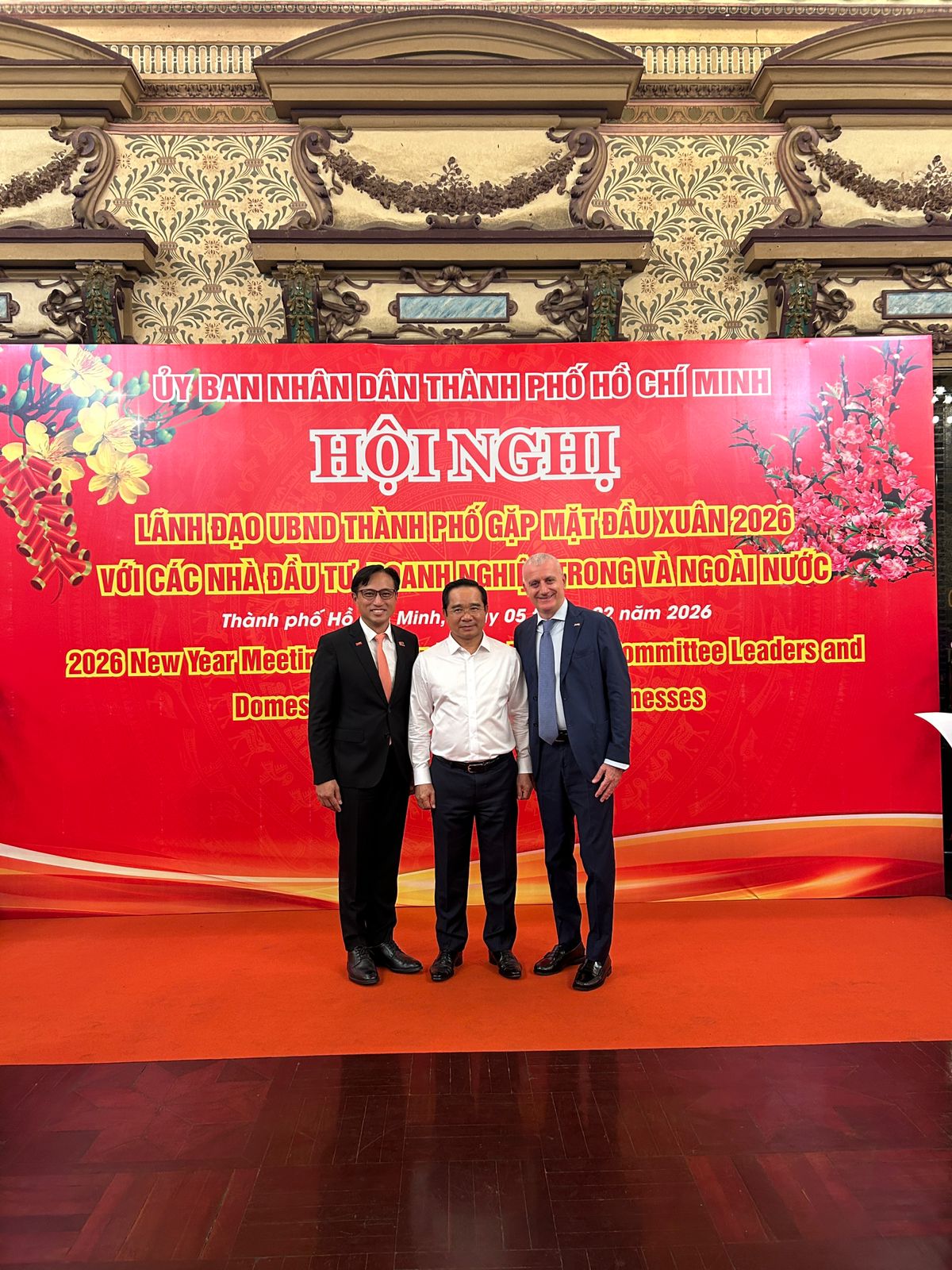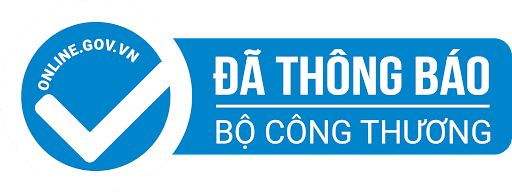On 7 November 2016 the Ministry of Finance of Vietnam issued the Official Letter 15888/BCT-CST to provide detailed guidance on foreign contractor withholding tax (FCWT) applicable to income of foreign contractors from transfer of right to use a trade mark. According to the Official Letter:
Pursuant to the Law on Intellectual Property, when a Vietnamese party uses a trade mark and makes payments to a foreign party for the transfer of use right, this should be considered as transfer of the right to use a trade marks in accordance with the Law on Intellectual Property, distinguishable from the assignment intellectual property rights.
As a result the income of foreign contractors from transfer of the rights to use a trade mark should be subject to FCWT with applicable tax rates as follows:
CIT rate on taxable revenue is 10%
VAT rate is 10% (if foreign contractor declare VAT under the credit method) or 5% (if foreign contractors declare VAT under the deemed method).
This means that if a foreign owner fully transfers the ownership of a trade mark to a Vietnamese party, there will be no taxes applied. However, if the foreign company merely grants the right to use the brand to the local Vietnamese businesses, then Vietnam tax authorities will collect the CIT and also the VAT.
The official letter has caused some confusion and debate among foreign businesses and local businesses operating in Vietnam who feel that the Official Letter might not be entirely in accordance with the Vietnamese Law on Value Added Tax. Many claim that the Vietnamese Law on VAT originally excludes technology transfer from being taxed and that now the government is all of a sudden taking a different course and concluding that granting the right to use trade mark is not the act of technology transfer and should be taxable.
Our IP expert Mr. Son Doan explains that the Official Letter is indeed in accordance with the Vietnamese Law on VAT, the Law on Technology Transfer and also with the Law of Intellectual Property and that the Official Letter “is just clarifying what has been set out in the Law” already a few years ago. The right to use a trademark is not among the subjects of technology transfer under Article 7 of the Law on Technology Transfer, nor can it be an assignment of intellectual property under the IP Law to be excluded from taxable objects under Article 5.21 of the Law on VAT. Mr. Doan further explains that the confusion arises from the English translation mistake of the respective laws. He clarifies that the correct translation of the article 5.21 of the Vietnamese Law on Value Added Tax, which is in the heart of the confusion, should be as follows: “Technology transfer under the Law on Technology Transfer; assignment of intellectual property rights under the Law on Intellectual Property; computer software are among the non-taxable objects” as opposed to the popular English translation of “Technology transfer under the Law on Technology Transfer; transfer of intellectual property rights under the Law on Intellectual Property; computer software shall be among the non-taxable subjects”. According to the correct translation only assignment of IP rights has always been exempted from taxes. It’s just that the Law on VAT has not always been consistently applied.
This means that the existing Vietnamese laws clearly state that if a foreign company owner assigns a trademark to a Vietnamese party, there will be no taxes applied, but if the foreign company grants the right to use the brand, then taxes will apply. This should be the correct understanding of the Vietnamese tax policies on trade marks and the provisions of the Official Letter will likely not be contestable. This will likely result in some businesses restructuring some of their technology transfer contracts.
Notwithstanding, Mr. Doan argues that “from IP perspective, the way the transfer of IP rights is structured into or in connection with a technology transfer contract is very important as it may have real impact on the tax obligation. One side of it is that the VAT obligation may not help facilitate technology transfer that usually goes along with licensing of trademark right (transfer of the right to use trademark) from the transferor of the technology to the transferee.”
Further Provisions of the Official Letter
The provisions of the Official Letter will not have retrospective effect, which means that the foreign companies who declared and paid the FCWT before the Government issued the letter and if the payment was not in accordance with the Official Letter, then no retrospective adjustments will be required. However, the companies who have declared and paid their taxes after the Government issued the letter and chose to ignore the provisions of the letter, will need to re-declare and pay the VAT and the CIT in accordance to the provisions of the Official Letter. It is advisable for the companies to check their existing contracts and revise their IP protection strategy.
South-East Asia IPR SME Helpdesk
The South-East Asia IPR SME Helpdesk supports small and medium sized enterprises (SMEs) from European Union (EU) member states to protect and enforce their Intellectual Property Rights (IPR) in or relating to South-East Asian countries, through the provision of free information and services. The Helpdesk provides jargon-free, first-line, confidential advice on intellectual property and related issues, along with training events, materials and online resources. Individual SMEs and SME intermediaries can submit their IPR queries via email (question@southeastasia-iprhelpdesk.eu) and gain access to a panel of experts, in order to receive free and confidential first-line advice within 3 working days.
The South-East Asia IPR SME Helpdesk is co-funded by the European Union.
To learn more about the South-East Asia IPR SME Helpdesk and any aspect of intellectual property rights in South-East Asia, please visit our online portal at http://www.ipr-hub.eu/.






